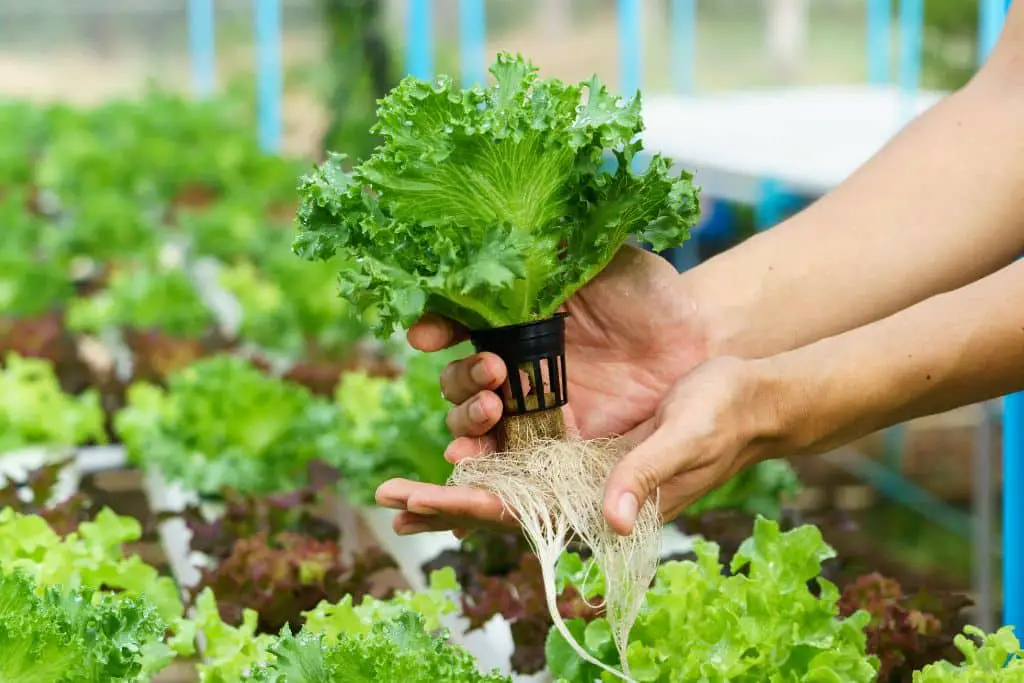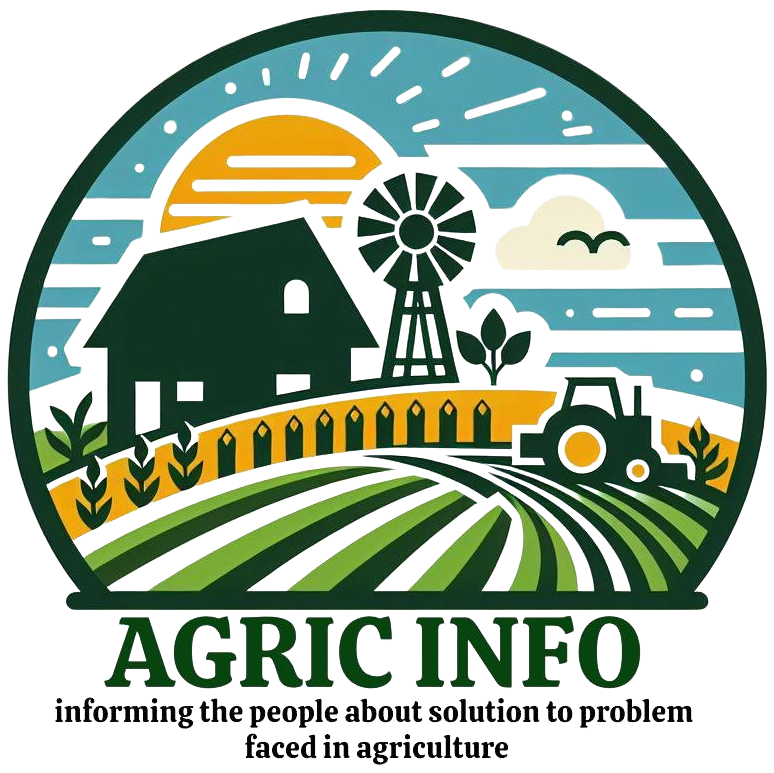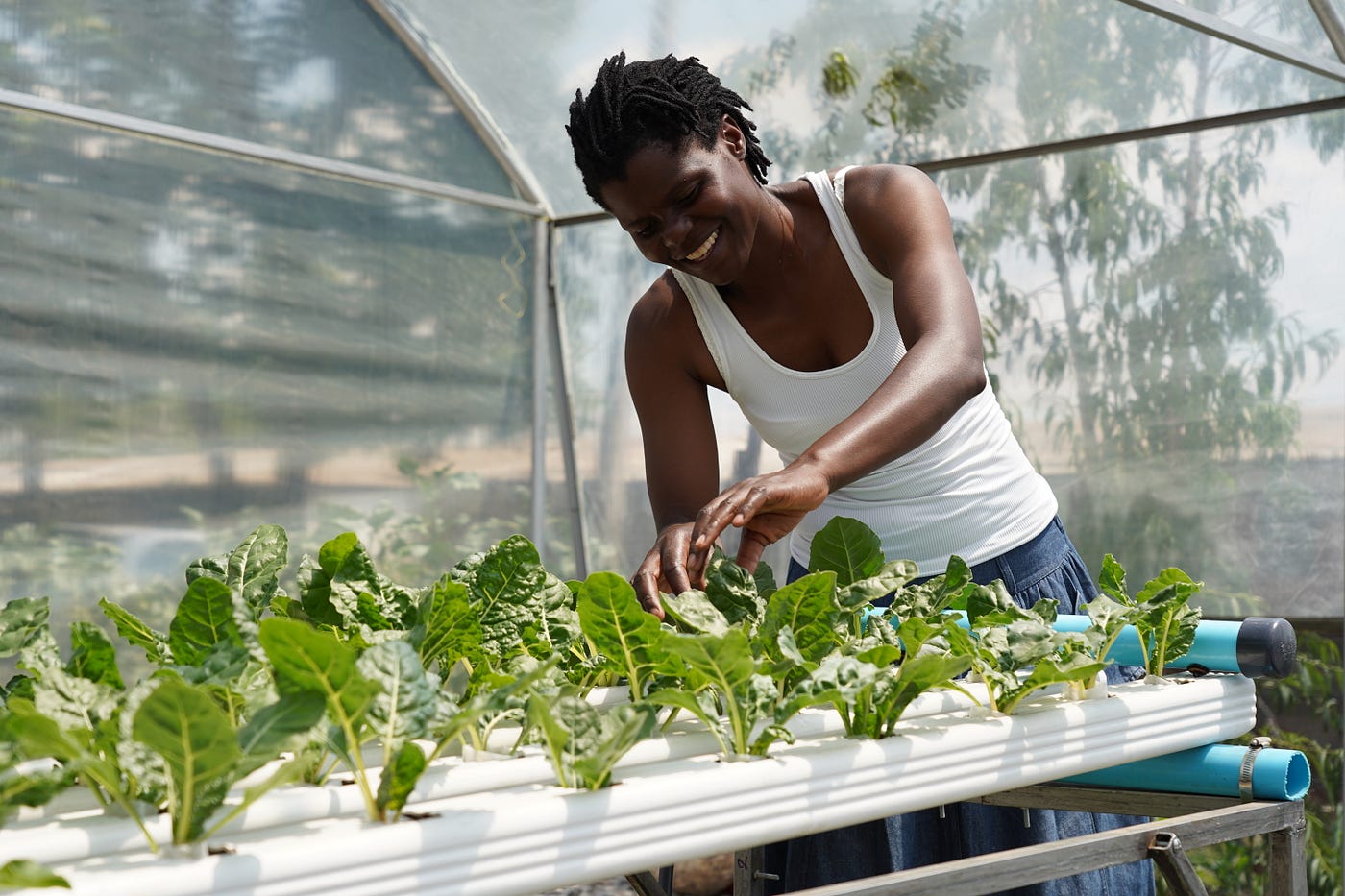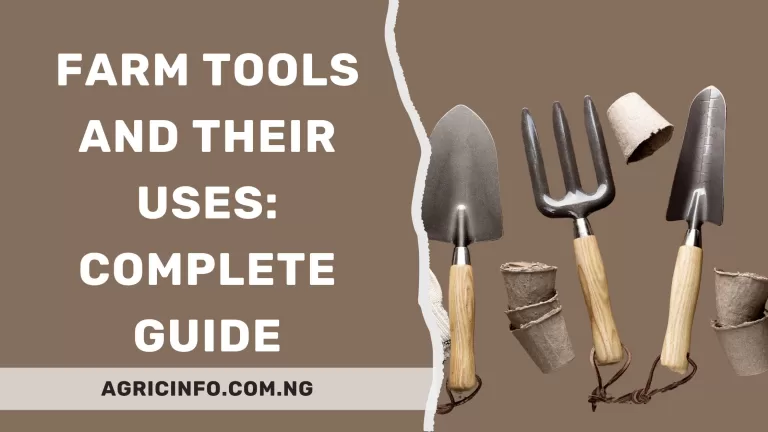Hydroponics 101: Cultivating a Greener Future
Hydroponics represents a groundbreaking departure from traditional farming methods, offering a sustainable solution to the challenges faced by modern agriculture.
In essence, it’s a system of growing plants without soil, where nutrient-rich water bathes the roots directly, fostering robust growth and eliminating the need for vast expanses of arable land. This innovative technique holds immense promise for the future of organic farming and sustainable agriculture, as it minimizes environmental impact while maximizing yields. Moreover, hydroponics dovetails seamlessly with other progressive farming practices like precision farming, vertical farming, urban farming, and even aquaponics, creating a synergistic ecosystem that redefines the boundaries of what’s possible in food production.

At the heart of hydroponics lies a simple yet ingenious concept: by providing plants with precisely the nutrients they need, precisely when they need them, growers can achieve unprecedented levels of efficiency and productivity. Unlike traditional farming, where soil quality and composition vary from one plot to another, hydroponic systems allow for meticulous control over every aspect of the growing environment. Whether it’s adjusting pH levels, fine-tuning nutrient concentrations, or optimizing water usage, precision is the name of the game in hydroponics. This level of control not only ensures consistent, high-quality harvests but also minimizes resource waste, making hydroponics a poster child for sustainable farming practices.
Vertical farming takes this concept to new heights, quite literally, by stacking multiple layers of hydroponic growing beds in vertical towers or shelves. This vertical integration maximizes space utilization, allowing farmers to produce bountiful harvests in densely populated urban areas where arable land is scarce. The result? Urban farming initiatives that bring fresh, locally grown produce to city dwellers, reducing food miles and carbon emissions in the process. Moreover, the controlled indoor environment of vertical farms mitigates the impact of adverse weather conditions and pest infestations, further enhancing crop resilience and yield predictability.
But hydroponics isn’t just about efficiency and productivity; it’s also about sustainability and resilience in the face of environmental challenges. By eliminating soil from the equation, hydroponic systems sidestep soil degradation and erosion, two pressing concerns in conventional agriculture. This soilless approach also reduces the need for harmful pesticides and herbicides, promoting a more ecologically balanced growing environment. Furthermore, hydroponic systems can be tailored to use recycled water and organic nutrients, closing the loop on resource consumption and minimizing environmental footprint.
Aquaponics takes this eco-friendly ethos one step further by integrating hydroponics with aquaculture, creating a closed-loop symbiotic system where fish waste provides nutrients for plants, and plants purify the water for fish. This harmonious relationship between aquatic and terrestrial ecosystems not only maximizes resource efficiency but also fosters biodiversity and resilience. It’s a holistic approach to farming that mirrors the interconnectedness of natural systems, demonstrating the potential for agriculture to work in harmony with the environment rather than against it.
Hydroponics, at its core, challenges the very notion of what it means to cultivate crops. In traditional farming, the soil serves as the lifeblood of agriculture, providing plants with essential nutrients and anchoring them securely in the earth. However, this reliance on soil also exposes agriculture to a myriad of challenges, from soil erosion and nutrient depletion to limited arable land and unpredictable weather patterns. Hydroponics offers a radical departure from this age-old paradigm by divorcing plants from their terrestrial tether and instead suspending their roots in a nutrient-rich aqueous solution. This soilless approach not only circumvents many of the pitfalls of traditional farming but also unlocks a world of possibilities for sustainable and efficient food production.
Organic farming enthusiasts, in particular, have embraced hydroponics as a means of cultivating crops without synthetic pesticides, herbicides, or fertilizers. By carefully controlling the nutrient composition of the hydroponic solution, growers can create an organic growing environment that nurtures plant health and vitality without resorting to harmful chemicals. This commitment to organic principles aligns seamlessly with the ethos of sustainable agriculture, which seeks to minimize environmental impact while promoting biodiversity and soil health. In essence, hydroponics offers a means of achieving organic certification without the constraints of traditional soil-based farming, opening doors to a more environmentally friendly and socially responsible approach to food production.
Moreover, the scalability and versatility of hydroponic systems make them well-suited for a wide range of applications, from small-scale urban gardens to large commercial operations. Urban farmers, faced with limited space and soil contamination concerns, have turned to hydroponics as a means of growing fresh produce in the heart of the city. By repurposing abandoned warehouses, rooftop gardens, and even shipping containers, urban farmers are transforming concrete jungles into verdant oases of greenery, fostering community engagement and food security in the process.
On a larger scale, hydroponic technology is revolutionizing the way we think about agriculture in resource-constrained environments. In arid regions where water is scarce and soil quality is poor, hydroponic systems offer a lifeline for farmers struggling to eke out a living from the land. By recirculating water and optimizing nutrient delivery, hydroponics can achieve water savings of up to 90% compared to traditional farming methods, making it a game-changer in regions facing water scarcity and drought.
Furthermore, the controlled environment of hydroponic systems lends itself to year-round cultivation, regardless of external weather conditions. This year-round productivity not only ensures a steady supply of fresh, locally grown produce but also reduces our reliance on imported fruits and vegetables, thereby lowering carbon emissions associated with long-distance transportation. In essence, hydroponics represents a shift towards a more decentralized and resilient food system, where communities are empowered to take control of their food production and distribution networks.
In conclusion, hydroponics isn’t just a farming technique; it’s a paradigm shift that holds the key to a greener, more sustainable future. By harnessing the power of precision farming, vertical farming, urban farming, and aquaponics, hydroponics offers a compelling vision of agriculture that is efficient, resilient, and environmentally friendly. As we continue to grapple with the challenges of feeding a growing global population while safeguarding our planet’s finite resources, hydroponics stands as a beacon of hope, illuminating a path towards a more sustainable and bountiful future for all.
hydroponics offers a compelling vision of the future of agriculture—one that is rooted in sustainability, innovation, and resilience. By harnessing the power of soilless cultivation, organic farming, sustainable agriculture, precision farming, vertical farming, urban farming, and aquaponics, hydroponics holds the promise of a greener, more bountiful future for generations to come. As we confront the challenges of feeding a growing global population while preserving our planet’s precious resources, hydroponics stands as a beacon of hope, illuminating a path towards a more sustainable and prosperous world for all.



